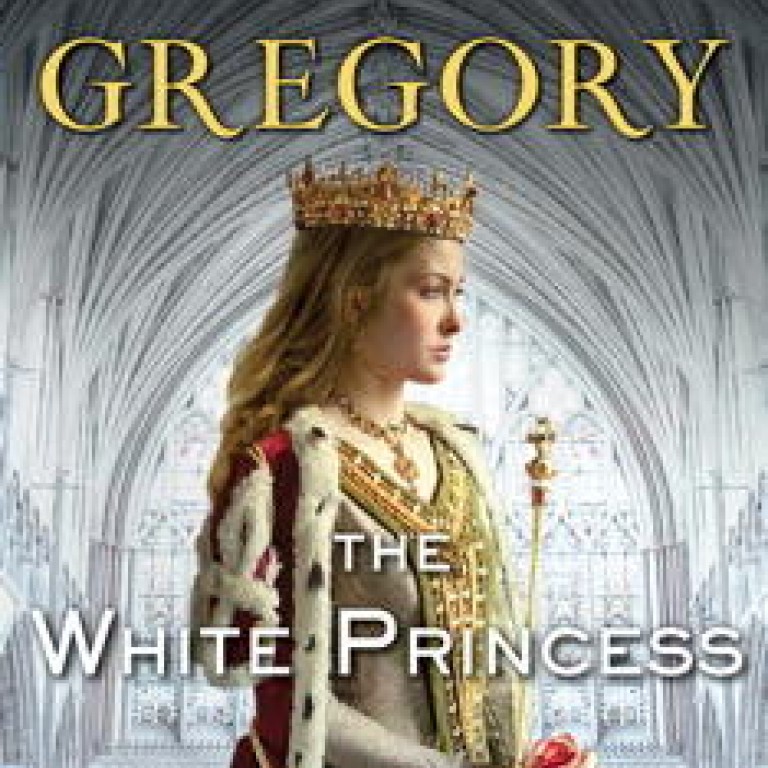
'The White Princess' by Philippa Gregory
Philippa Gregory's fiction has inspired movies and a lusty, busty television series called The White Queen.
Philippa Gregory's fiction has inspired movies and a lusty, busty television series called . Set some years, and two novels, later, is narrated by Elizabeth of York, last seen slinking all over her uncle Richard III, and mourning her brothers who vanished without trace from the Tower of London. Adding insult to injury, Elizabeth is forced to marry Richard's conqueror, Henry Tudor - aka Henry VII, king of England. Life is hard to say the least. When she is not being raped to prove her fertility, Elizabeth is the object of Henry's gravest suspicions. After several rebellions rise hoping to restore the Yorks to the throne, Henry's paranoia centres on his understandably confused queen. Unconstrained by historical fact, Gregory spins conspiracy theory after conspiracy out of the mysterious fate of the York princes. Gregory's prose is serviceable without being arresting. For all that, she is an entertaining guide through English history, given a new lease from its female perspective.

by Mary Shelley (read by Matt Bates, Anna Bentinck)
Whole Story Audiobooks (audiobook)
4 stars
Mary Shelley set the gold standard for much modern horror and science fiction. At the centre of her influence is , her monster and mad scientist masterpiece. predates the current vogue for dystopian, apocalyptic shockers by about 200 years. First published in 1826, it is set in the late 21st century, and circles around an alienated hero (Lionel), his idealist friend, prince Adrian (who possesses more than a hint of Shelley's husband, the poet Percy), and the rakish Lord Raymond, inspired by Lord Byron. After a long preamble involving lost children, dead fathers, appalling kings and a love triangle, it's the end of the world as we know it when a plague drives our small band across an increasingly lawless France and into Switzerland (where Shelley wrote ). Only one of our heroes survives to be "The Last Man". Anna Bendick reads Mary Shelley's short prologues, leaving Matt Bates to narrate this fascinating slice of late Gothic. Not an easy listen but utterly rewarding.
Now that J.K. Rowling has shifted her attention from wizards to crime, it may just be that Ben Aaronovitch's moment has come. His hero, Peter Grant, works for London's Metropolitan Police, but in a division that rarely makes the news: one that uses magic to solve murder most supernatural. Grant has to learn all sorts of new tricks, including wizardry, to defeat vampires, divinities in the Thames, and evil spirits. In , Grant travels over the river to south London's Elephant and Castle on the trail of his nemesis, the Faceless Man. This involves a magic car, a highly charged, if ugly tower block and his enduring crush on Lesley May. Mixing magic and detection is not original: John Connolly has been doing this for years with Charlie Parker, and Christopher Fowler's Peculiar Crimes Unit in his Bryant and May series treads similar ground. This didn't spoil my fun. What did put a spanner in the works is the desultory reading by Kobna Holdbrook-Smith, who drones on as if recounting a boring day in his life. Do yourself a favour: buy the e-book.



